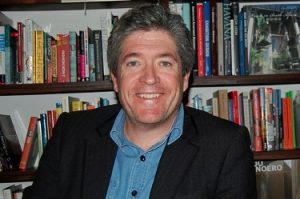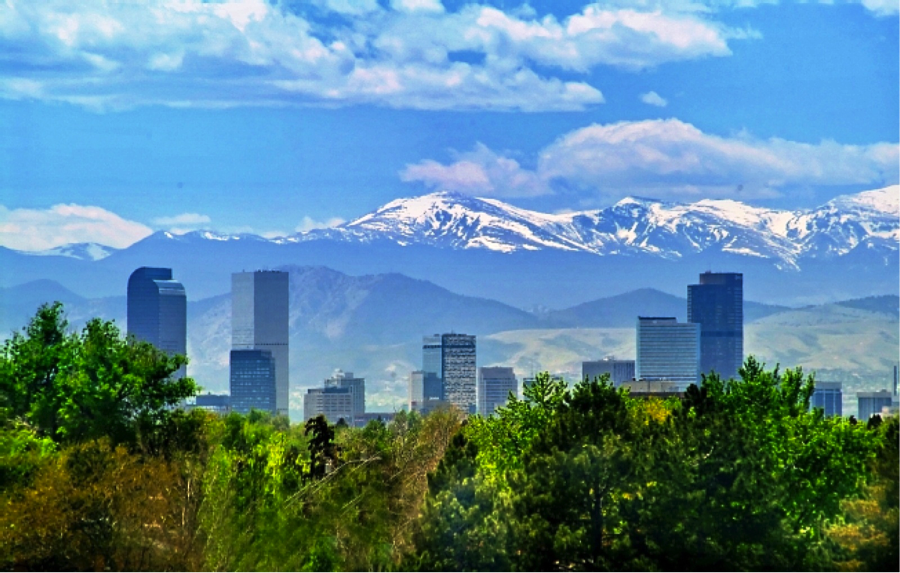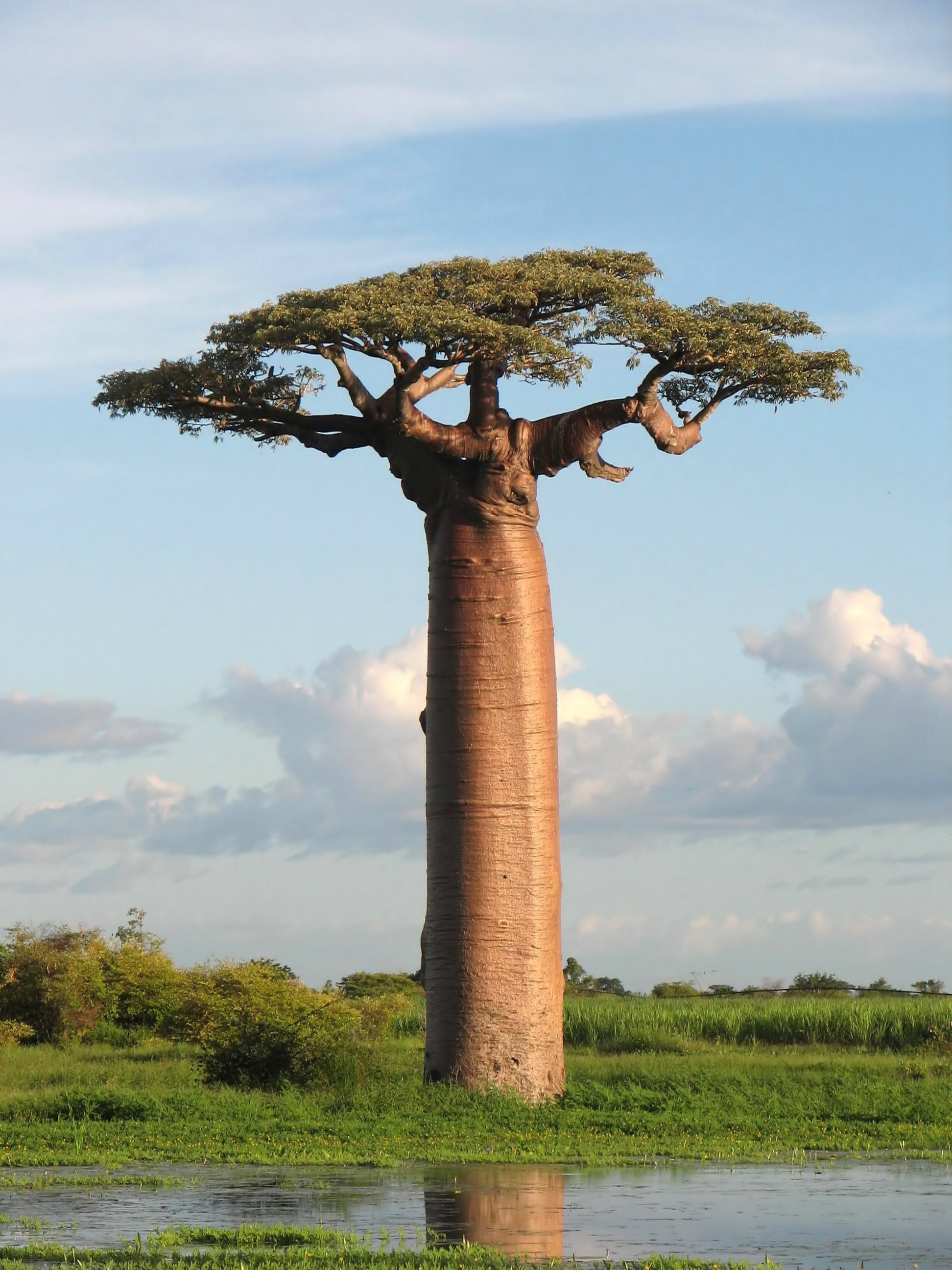By: Virginia McNally 
Born in Zimbabwe in 1957, Peter Godwin is a lawyer, journalist, author, and activist dedicated to the cause of Zimbabwe. In his latest book, The Fear, he describes his purpose as “bearing witness” to the violence and intimidation that occurred between the Zimbabwean presidential election in March 2008 and the run-off that was scheduled for June later that year. When the MDC took an overwhelming majority of the votes in March, Mugabe and ZANU-PF responded with massive fraud, violence, and intimidation, known as “the fear.”I recently had the pleasure of meeting Mr. Godwin when he came to the University of Georgia Dean Rusk Center School of Law to speak about his book and perspective on Zimbabwe as a native,journalist,lawyer and author. In The Fear he records his journey to his former home and to the graves of his father and sister but devotes most of the book to documenting the violence and damages sustained by the many Zimbabweans who supported the MDC.People were severely beaten in schools, which were used as “torture camps” by Mugabe’s people, Godwin said. He described the violence saying people were beaten, but “generally not to death,” and attacked on a “catch and release basis” to serve as “human billboards” advertising the consequences of supporting the opposition.
Godwin lost one of his sisters to pre-independence violence in 1978 and then his family land to Mugabe’s land redistribution program which began in 2000. But unlike so many Western critics who are quick to point out the plight of the white farmer, Godwin is conscious that it is crucial that the story of Zimbabwe’s misery be told correctly. So many more poor landless Zimbabweans have fallen victim to Mugabe’s regime than those who lost their farms to land redistribution. Godwin sets out to document the plight of the black Zimbabweans who have no way to escape the tyranny of Mugabe and ZANU-PF.
The Long, Bumpy Road
Godwin got his start as a journalist when he needed money after driving the African continent from top to bottom. After studying Law at Cambridge University and International Relations at Oxford University, he arrived in Zimbabwe in time to cover the Matabeleland Massacres. The massacres were a political tactic employed by Mugabe to take out his opposition from the independence struggle. Between 1982 and 1987, the Fifth Brigade, trained by North Korean armed forces, murdered an estimated 20,000 people said to have supported Mugabe’s opposition. Godwin went into the area “disguised as a priest” with four black Zimbabwean nuns. Facing the armed and fierce Fifth Brigade, he noted that the “most terrifying thing was sister Eunice’s driving” on the bumpy roads that cut across the rugged Matabeleland terrain.
Godwin identified this early violence which came at a time when the international community blindly supported Mugabe as “Mugabe’s original sin” which has “provided the original evidence to the way Zimbabwe would be ruled.”
Since then, Mugabe has managed to avoid direct international intervention into his affairs. It is clear that international pressure is key to solving the situation in Zimbabwe, and Godwin said that “South Africa has always been the key to unlock the Zimbabwe conflict.”
However, Godwin said that “the South Africans have not been honest brokers,” and not enough real pressure has been applied to Mugabe and ZANU-PF so that change might come to Zimbabwe. Instead, a Global Political Agreement (GPA) was implemented in response to the 2008 sham elections, and Godwin described it as “a kind of fudge,” leaving Zimbabwe in “an irritatingly inconclusive stage
right now.” While the agreement may have appeared to be promising, it has not been fully implemented or enforced and Mugabe has chosen only the least important clauses to follow, still controlling most of the government.
Eventually, elections will happen again, maybe even in the next year. At that point “the opposition will face this quandary as to whether to boycott or not and it is going to be a very difficult decision,” according to Godwin. In addition to potential future election violence, there is also the looming issue of Mugabe’s age and failing health. Godwin documented firsthand the violence of 2008, but he said that “the most dangerous time in a way will be when Mugabe dies or becomes officially incapacitated.” There is no clear successor named to replace Mugabe, and his death could bring the worst kind of chaos.
Assurance of Things Hoped For
When asked about the best thing Zimbabwe has going for it right now, Godwin responded that it was Zimbabweans. “It’s most extraordinary resource are its people, and I don’t mean that in any sort of sentimental way. Zimbabweans, and I am talking about black Zimbabweans, had this astonishing period of education, they are the most literate people in Africa. They have a kind of work ethic, anybody who goes there is struck by the fact” that Zimbabweans are not beaten easily. They are survivors.
I asked Peter Godwin what he felt about the Zimbabwean response to all the oppression and violence that so many have endured for the last decade or more. Many wonder why there has not been a revolution, or a popular uprising. How could people so tortured and targeted by their own government be so non-violent and seemingly passive?
He noted that Zimbabweans “made a decision very early on that they would be non-violent, that they would (pursue) civil disobedience…this was a country that had just been through a long war.” Even freedom in Zimbabwe was born out of a violent independence struggle, which according to Mugabe’s version of Zimbabwean history, is still going on.
I was particularly inspired when he told me this: “They have risen up, they have risen up in the ballot box. Mugabe drives through Harare in his smoke-tinted window, bomb-proofed Mercedes, and he looks at the people around him. He looks at them in the knowledge that not one single Harare constituency went to ZANU-PF.”
So, at each election there is an uprising in Zimbabwe. Now, Godwin said, “Zimbabwe is asking for an internationally monitored free and fair election.” Godwin noted that “Zimbabwe already had it’s Arab Spring, it happened in 2000,” with the referendum rejecting Mugabe’s proposed constitutional reforms. The West has supported Libya in its uprising, and now perhaps it is time to start thinking about supporting free and fair democracy that Zimbabweans clearly want. “They have an institutional memory, of efficiency, of how things work. They still have the remnants of a very strong infrastructure.”
In the mean time, Godwin told me “mostly what you can do to help right now is get involved in various charities in Zimbabwe…your dollar goes a long way.” As many Zimbabweans are starving or suffering from lack of medical resources, a donation would make a world of difference to those who are still waiting for their vote to be counted fairly. There are also many organizations working for democracy in Zimbabwe and as Godwin wisely stated while speaking at the UGA Law School, “the best defense against starvation is democracy.”
As for Godwin’s next move, “I am happy to play whatever role I can.” His book When A Crocodile Eats the Sun (2006) has been optioned for a movie and he is currently working on the screenplay. Thus far he has served as one of the best advocates for the millions of Zimbabweans who have endured the pain of Mugabe and ZANU-PF. Thousands have died, been beaten and gone hungry and are all waiting for relief that comes in the form of an unadulturated ballot box. I recommend The Fear as a window into the horrors of Mugabe’s regime, and a glimpse of the faith that Zimbabwe has a bright future.

